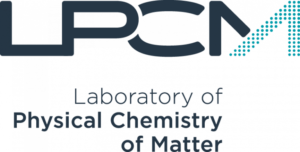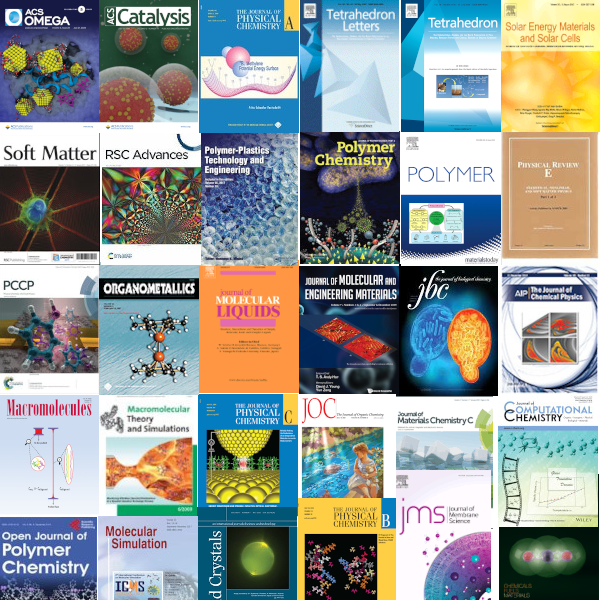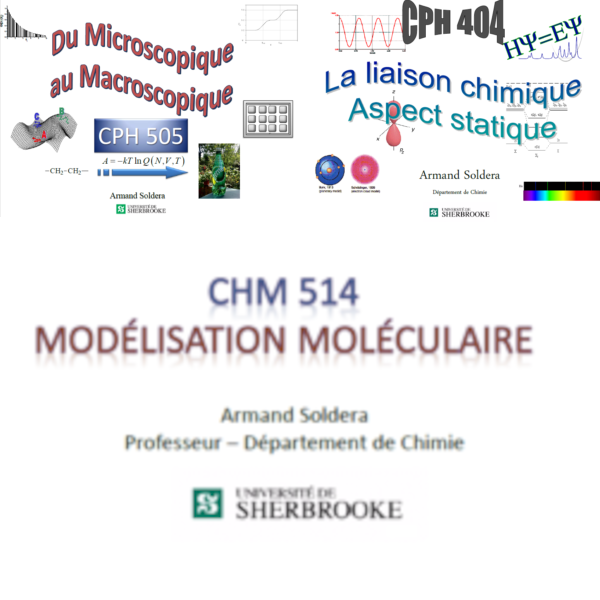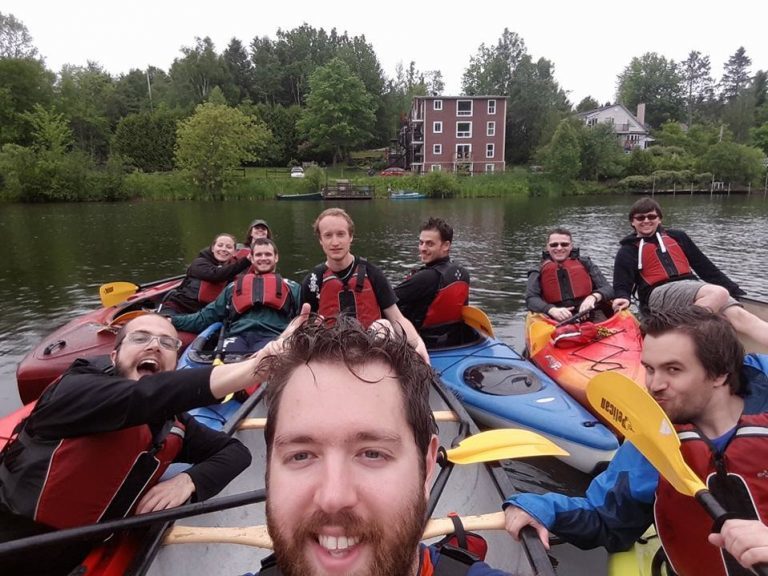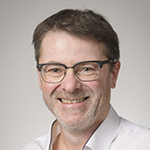-
Major investment to further advance cybersecurity research at Université de Sherbrooke.
Click here for more information. Continue Reading →
-
Webinar on the quantum computer potential.
You can now watch this webinar on You Tube. Continue Reading →
-
Connecting simulation to experimentation polymer design webinar
To watch the webinar I originally gave on May 6, 2020, follow this link. Continue Reading →

